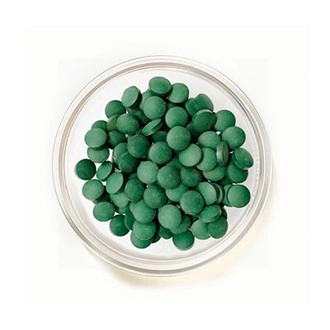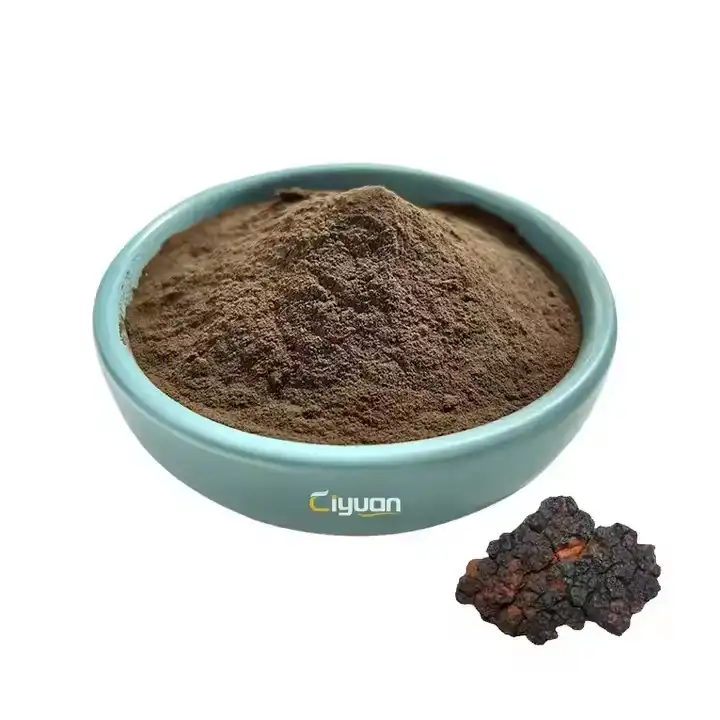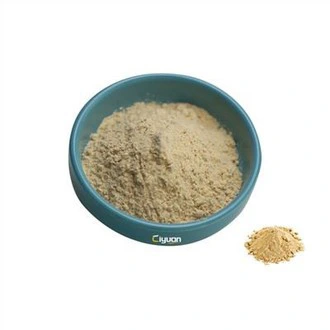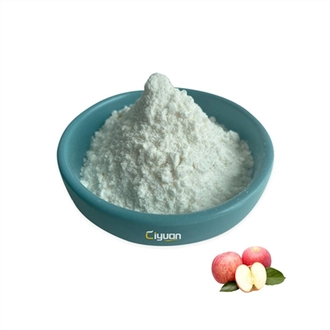What is Yam extract?

Yam extract, derived from the roots of various species of yam plants, has garnered significant attention in recent years due to its potential health benefits and versatile applications. Yam, scientifically known as Dioscorea, belongs to the Dioscoreaceae family and is cultivated in various regions across the globe for its edible tubers. While yams are widely consumed as a staple food in many parts of the world, the extract obtained from yam roots has gained popularity in the health and wellness industry for its purported medicinal properties.

Origins of It:

The use of wild yam tablets can be traced back centuries, with historical records indicating its utilization in traditional medicine systems across different cultures. Ancient civilizations, including those in Africa, Asia, and the Americas, recognized the therapeutic potential of yam roots and incorporated them into their healing practices.
Composition of It:

wild yam extract contains a variety of bioactive compounds that contribute to its potential health benefits. These compounds may include:
1. Diosgenin: A steroid sapogenin found in certain plants, including yams, diosgenin is considered a precursor for the synthesis of various steroid hormones, such as estrogen and progesterone.
2. Polyphenols: It is rich in polyphenolic compounds, which possess antioxidant properties and may help combat oxidative stress and inflammation in the body.
3. Dietary Fiber: Yams are a good source of dietary fiber, which plays a crucial role in digestive health and may contribute to weight management and cardiovascular health.
4. Vitamins and Minerals: It contains essential vitamins and minerals, including vitamin C, vitamin B6, potassium, and manganese, which are important for overall health and well-being.
COA

ITEM | STANDARD | TEST RESULT | TEST METHOD |
Diosgenin | ≥8.0% | 8.31% | HPLC |
Physical & Chemical | |||
Appearance | Off-white fine powder | Complies | Visual |
Odor & Taste | Characteristic | Characteristic | Organoleptic |
Particle Size | 95% through 80 mesh | Complies | USP<786> |
Loss on Drying | ≤5.0% | ≤2.41% | USP<731> |
Ash | ≤5.0% | ≤2.88% | USP<281> |
Bulk Density | ≥50g/100ml | 52.2g/100ml | USP<616> |
Extraction Solvent | Ethanol & water | Complies | --- |
Heavy Metal | |||
Pb | ≤2.0ppm | <2.0ppm | ICP-MS |
As | ≤1.0ppm | <1.0ppm | ICP-MS |
Cd | ≤1.0ppm | <1.0ppm | ICP-MS |
Hg | ≤0.5ppm | Not detected | ICP-MS |
Microbiological Test | |||
Total Plate Count | ≤1,000cfu/g | 490cfu/g | AOAC |
Yeast & Mold | ≤100cfu/g | 33cfu/g | AOAC |
E.Coli | Negative | Negative | AOAC |
Salmonella | Negative | Negative | AOAC |
Conclusion: Conform with specification | |||
Health Benefits of It:

The consumption of It is associated with several potential health benefits, although further research is needed to fully understand its mechanisms of action and efficacy. Some of the purported health benefits of It include:
1. Hormonal Balance: Due to its diosgenin content, It is believed to support hormonal balance in the body, particularly in women experiencing hormonal fluctuations associated with menstruation, menopause, or polycystic ovary syndrome (PCOS).
2. Menstrual Health: wild yam tablets may help alleviate symptoms of premenstrual syndrome (PMS), such as bloating, mood swings, and breast tenderness, by regulating hormonal activity and reducing inflammation.
3. Menopausal Symptoms: Some research suggests that It may offer relief from menopausal symptoms, including hot flashes, night sweats, and mood changes, by modulating estrogen levels and supporting overall hormonal equilibrium.
4. Digestive Health: The dietary fiber content of wild yam root extract supports digestive health by promoting regular bowel movements, preventing constipation, and supporting the growth of beneficial gut bacteria.
5. Antioxidant Activity: Polyphenols present in It exhibit antioxidant properties, scavenging free radicals and reducing oxidative stress, which may help protect cells from damage and lower the risk of chronic diseases.
6. Anti-inflammatory Effects: Certain compounds found in It possess anti-inflammatory properties, which may help alleviate inflammation-related conditions such as arthritis, asthma, and inflammatory bowel disease (IBD).
Applications of It:

wild yam root extract is available in various forms, including powders, capsules, tinctures, and topical preparations. It is commonly used in:
1. Dietary Supplements: It supplements are marketed for their hormonal balancing effects and may be consumed by individuals seeking support for menstrual health, menopausal symptoms, or hormonal imbalances.
2. Traditional Medicine: In regions where yams are indigenous, traditional healers may prescribe It or preparations made from yam roots for a wide range of health conditions, including digestive disorders, respiratory ailments, and reproductive issues.
3. Cosmetics and Skincare Products: Some skincare companies incorporate It into their formulations due to its purported antioxidant and anti-inflammatory properties, which may help promote skin health and combat signs of aging.
4. Food and Beverages: While yams are primarily consumed as a food source, It may also be used as a natural flavoring or nutritional supplement in certain food and beverage products.
Conclusion:

It, derived from the roots of yam plants, offers a range of potential health benefits attributed to its bioactive compounds, including diosgenin, polyphenols, and dietary fiber. While research on the efficacy of It is ongoing, it has shown promise in supporting hormonal balance, menstrual health, menopausal symptoms, digestive health, and antioxidant activity. However, it is important to exercise caution and consult a healthcare professional before incorporating It supplements into your routine, especially if you have underlying health conditions or are taking medications. With further scientific investigation, It may continue to emerge as a valuable natural remedy in promoting overall health and well-being.

Package


Customer Feedback


Exhibitions












